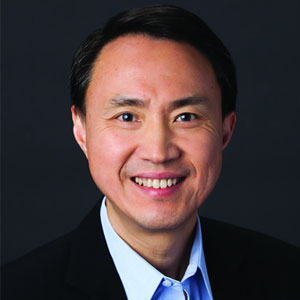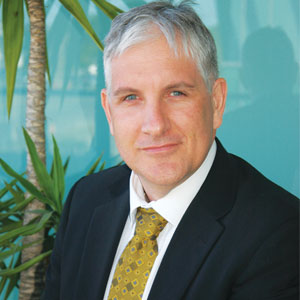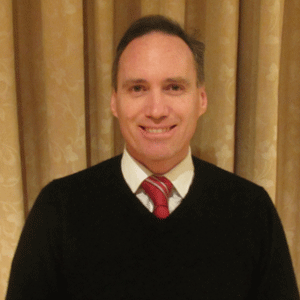THANK YOU FOR SUBSCRIBING

Dialing Down-How Small Data Leads to Big Processes
Marc Perlman, Global VP Healthcare and Life Sciences, Oracle Healthcare


Marc Perlman, Global VP Healthcare and Life Sciences, Oracle Healthcare
Business is buzzing about Big Data, and the healthcare industry is no different. While there is no doubt that Big Data, and what hospitals and healthcare providers can do with it, stands to transform healthcare delivery and outcomes it is also important to not only “think big” but also look at small data, individual pieces of patient information. As many organizations across the health industry work on the quest to build infrastructures to take advantage of Big Data, the same organizations have rich stores of small data that can advance care on a patient-topatient basis and drive important quality of care improvements while reducing costs within their own care networks.
“Small data can make a big impact in caring for patients with chronic conditions”
The Health Information Technology for Economic and Clinical Health (HITECH) Act, signed into law in 2009 to promote the adoption and meaningful use of Health Information Technology (HIT), set a solid foundation for many HIT advances including those with small data. Electronic Health Records (EHRs) continue to tip the scales in HIT adoption. In August, the U.S. Department of Health & Human Services (HHS) announced that more physicians and hospitals are using EHRs than ever before. It cited that about six in 10 (59 percent) of hospitals had adopted an EHR system with certain advanced functionalities in 2013 quadruple the percentage of 2010.
Accountable Care Organizations (ACOs) who seek to tie provider reimbursements to quality metrics and reductions in the total cost of care are at the forefront of the small data movement. Their success depends on their ability to control costs while delivering quality outcomes. Having the benefits of small data is the best way that they will be able to manage in an accountable care environment.
Big Impacts from Small Data
Today, we see 75 percent of our health care dollars go to treatment for chronic diseases, whether diabetes, heart disease, obesity, or cancer. Small data can make a big impact in caring for patients with chronic conditions. By harnessing technologies not previously available before their large-scale adoption, such as EHR’s and Health Information Exchanges (HIEs), providers can quickly identify and focus on these at-risk patients.
An example of this in action would be linking the EHRs of patients with chronic conditions to other clinical information system components and using simple data mining techniques to identify patients with frequent emergency room or doctors’ visits and assign them care managers. This also allows providers to track trends and changes in patient benchmarks, such as blood pressure, cholesterol, and blood glucose levels, to target patients that may need more specialized care management.
Additionally, a 2013 study published in theJournal of the American Medical Informatics Association, looked at the possibility of using “data from electronic health records to predict the risk and timing of deterioration in hypertension control.” The study found that EHR data made it possible to accurately predict the types of transitions in hypertension control, an important first step in the long-term goal of developing personalized hypertension management plans another successful use of small data.
“Small data can make a big impact in caring for patients with chronic conditions”
In another instance, adverse drug reactionsare a serious threat that may affect up to 10 percent of the world’s population and affect up to 20 percent of all hospitalized patients. Today, unintended medication discrepancies affect up to 70 percent of hospital patients at admission or discharge. Medication reconciliation is key to ensuring such adverse events do not happen to patients. The National Institute for Health Care Reform (NIHCR) recently looked at 19 hospitals across the United States using EHRs to support medication reconciliation. They found that hospitals with fullyelectronic processes at admission or discharge had EHRs that enabled action to be taken on each medication to then be converted automatically into orders substantially streamlining the workflow and eliminating the need to re-enter data. Such systems use small data to ensure medication reconciliation, further driving improved patient care.
Progress for the Future
The healthcare industry is making progress but we still have room for universal growth. While many organizations are realizing the benefits of both small and big data, many are still grappling with challenges surrounding data quality and siloed systems. These challenges have never been more surmountable, however, with the advent of information solutions that are interoperable, integrated, and open-standards based. Health Information Exchange (HIE) solutions, in particular, enable organizations to aggregate and normalize data from core transactional and clinical systems, leveraging their existing investments, while achieving the liquidity required to put small data to work to help individual patients. It is increasingly important that we do not look over the small data that is at our disposal and each patient’s benefit. In the quest to discover, implement, and utilize big and small data alike, it is important that more personalized and productive care drives the path forward.












